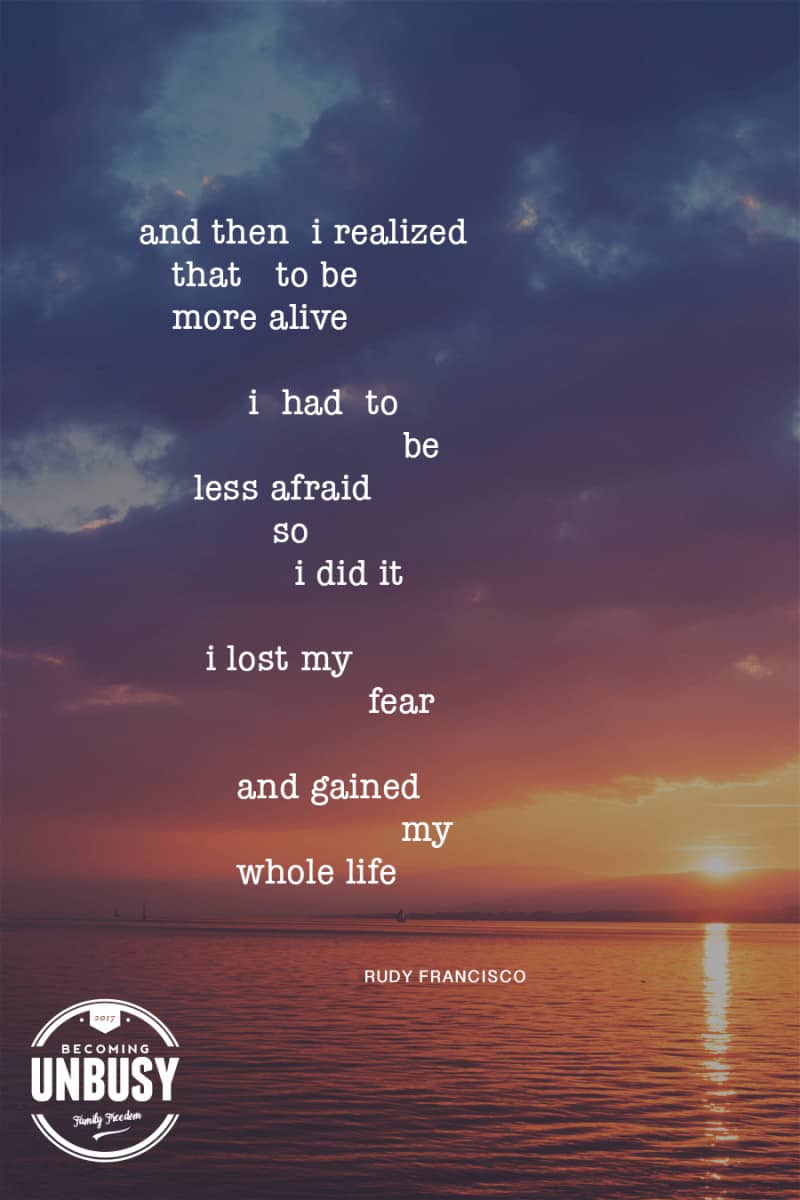
Short Life Poems And Quotes: A Testament to Life’s Fleeting Beauty
Poetry has long been a medium for expressing the profound emotions and experiences surrounding the transience of life. Short life poems and quotes capture the bittersweet essence of our mortality, offering poignant insights and reminding us to cherish every precious moment.
These literary gems come in various forms and styles, each with its unique charm and impact. Some embrace a somber tone, reflecting on the inevitable passing of time and the fragility of our existence. Others adopt a more uplifting approach, celebrating the limited but extraordinary journey we have been granted.
Types of Poem Writing Styles for Short Life Poems and Quotes:
- Haiku: A three-line form originating from Japanese poetry, with a syllable count of 5-7-5. Haiku captures fleeting moments in nature or human experience.
- Tanka: A longer form of haiku, consisting of five lines with a syllable count of 5-7-5-7-7. Tankas often explore deeper themes and provide a more complete narrative.
- Free Verse: A contemporary style that breaks away from traditional rhyme and meter, allowing the poet to express their thoughts and emotions in a raw and unconstrained manner.
- Lyric Poetry: A form that focuses on the expression of personal emotions and experiences, often using vivid imagery and musical language.
Poems on the Theme of Short Life:
Haiku:
- Life, a fleeting breath
In the grand scheme of time
Cherish every hour
Tanka:
- A mere spark in time
Ignites and dances bright
Then, fades into dusk
Leaving memories’ glow
In hearts it touched with light
Free Verse:
- The hourglass, ever ticking down
Time’s relentless march, we cannot slow
Yet, in each grain’s ephemeral fall
We find the beauty that makes life whole
Lyric Poetry:
- Oh, life, so fragile and so brief
Your whispers taunt, your presence flies
A moment’s grace, a fleeting bliss
Then, darkness claims us with its eyes
How to Write a Poem about Short Life:
- Observe and Reflect: Pay attention to the world around you and your own experiences. Consider the transience of nature, the passage of time, and the bittersweet nature of human existence.
- Choose a Style: Select the poem style that best suits your desired tone and expression.
- Craft Concise Language: Use vivid imagery, evocative metaphors, and sensory details to capture the essence of your theme.
- Explore Multiple Perspectives: Consider different angles and emotions related to the shortness of life. How does it make you feel? What lessons have you learned?
- Share and Connect: Share your poem with others and invite their reflections. Poetry is a powerful tool for fostering empathy and connecting on a deeper level.
Tips for Reading Good Poems:
- Read Aloud: Listen to the rhythm and flow of the words. Observe how the poet uses language and imagery.
- Analyze Symbolism: Pay attention to symbols and metaphors that may convey hidden meanings or emotions.
- Consider Structure: Examine the poem’s form and structure. How does it contribute to the overall impact?
- Reflect and Respond: Allow the poem to resonate within you. What emotions does it evoke? What insights does it offer?
Questions and Answers:
- Why is the theme of short life important in poetry?
It reminds us of the preciousness of time and encourages us to live fully. - How can I write a poem that captures the brevity of life without being depressing?
Focus on the beauty and wonder of existence, even in its fleeting nature. - Where can I find more examples of short life poems?
Anthologies and online literary journals often feature poems on this theme.
Conclusion:
Short life poems and quotes serve as poignant reminders of the brevity and beauty of our existence. By exploring this theme through the written word, we honor the preciousness of life and find solace in the profound yet fleeting nature of our human experience. Let us cherish every moment, embrace its challenges, and leave a lasting legacy through our words and deeds.
Note: Plagiarism is unethical and undermines the integrity of the literary community. Always respect the original author’s work by citing or referencing their creations. Let us encourage creativity and foster a culture of shared inspiration.
